Encephalitis is a dangerous disease that occurs sporadically throughout the year; however, the number of people suffering from this disease often increases during the summer. Worryingly, not only children but also adults are at risk because this disease can be transmitted through the respiratory tract and the initial clinical symptoms are easily confused with other diseases, making treatment difficult.
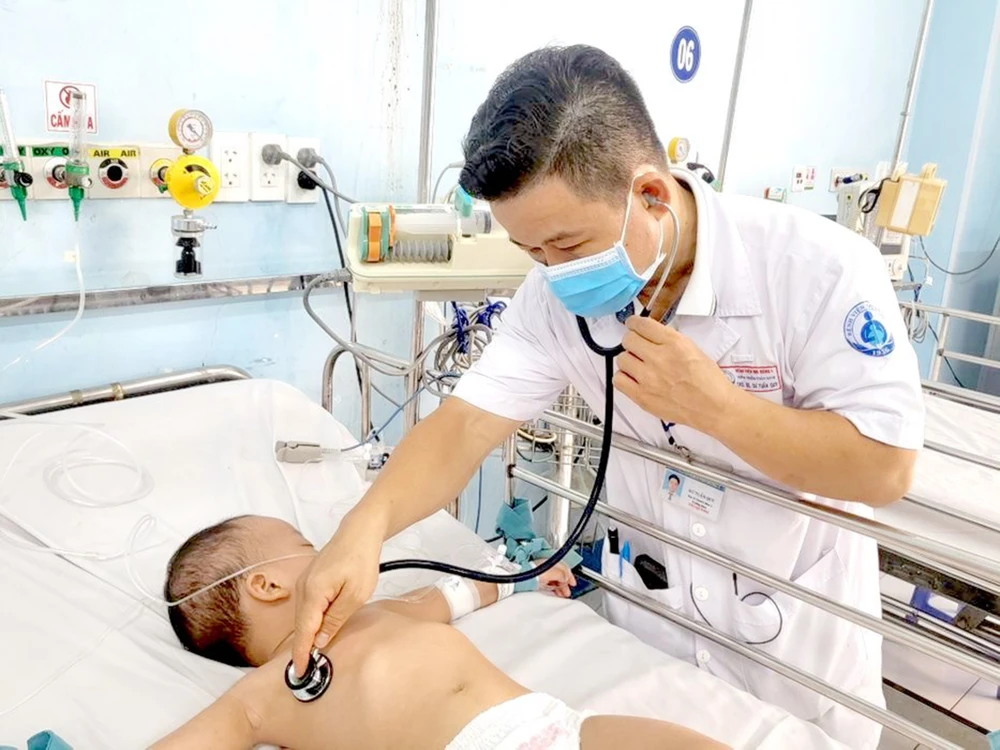
Vaccination still causes disease
Hanoi has just recorded the first case of Japanese encephalitis in 2024. It was a male patient (12 years old, residing in Phuc Tho district), hospitalized with high fever, headache, stiff neck, and unsteady walking. At the National Children's Hospital, the cerebrospinal fluid test result was positive for Japanese encephalitis virus. Epidemiological investigation showed that this child had received 4 doses of Japanese encephalitis vaccine, the last of which was in June 2019.
Doctor Dao Huu Nam, Head of the Intensive Care Department (Tropical Disease Center, National Children's Hospital), said that normally after 3 injections of Japanese encephalitis vaccine in the first 2 years of life, children need to be re-vaccinated every 3-5 years until they are 16 years old. However, the rate of re-vaccination is very scattered because many families are subjective or forgetful. "Most children with Japanese encephalitis are hospitalized in a very serious condition, with continuous high fever, convulsions, and coma. If detected and treated late, it can cause brain damage, irreversible damage causing mental disorders, paralysis, language disorders, convulsions, epilepsy...", Doctor Dao Huu Nam warned.
Meanwhile, since the beginning of June, the Department of Tropical Diseases (Phu Tho Province Obstetrics and Pediatrics Hospital) has received dozens of children with meningitis. The number of cases has increased 5 times compared to the same period in 2023. One of the reasons for this situation is believed to be the hot and humid weather, which changes erratically, creating favorable conditions for viruses and bacteria to thrive and attack, especially young children.
At the same time, Children's Hospital 1 in Ho Chi Minh City is treating a 9-year-old patient (residing in Dong Thap province) with Japanese encephalitis. The patient is still on a ventilator and has no history of vaccination. In addition, Children's Hospital 1 in Ho Chi Minh City is also monitoring 4 cases of encephalitis of unknown cause. According to Dr. Du Tuan Quy, Head of the Department of Infectious Neurology (Children's Hospital 1), mosquitoes are currently breeding in the countryside because the harvest season has passed. Japanese encephalitis is a disease transmitted by Culex mosquitoes (field mosquitoes), so the risk of people who have not been vaccinated or do not have measures to prevent mosquito bites from contracting the disease is quite high.
Risk of serious complications
Recently, Na Lau village (My Phuong commune, Ba Be district, Bac Kan province) recorded an outbreak of meningococcal meningitis in a family, causing 2 grandmothers and grandchildren and 2 others to be hospitalized. Ba Be district medical center conducted an epidemiological investigation and determined that more than 350 local people had contact with the cases, with a high risk of the epidemic spreading if there are no strict prevention and control measures.
According to Dr. Do Thien Hai, Deputy Director of the Center for Tropical Diseases (National Children's Hospital), encephalitis and Japanese encephalitis are diseases with high mortality and sequelae in young children. The disease can occur at any age, but is most common in children aged 2-8 years; the incubation period is 4-14 days, averaging 1 week. In children, the obvious initial symptoms are often abdominal pain and vomiting. Within the first 1-2 days, the patient has a stiff neck, increased muscle tone, and movement disorders; confusion or loss of consciousness may occur.
“Although encephalitis and Japanese encephalitis are very dangerous diseases, they can be cured if detected early and treated promptly. As soon as children have symptoms such as fever, headache, fatigue, vomiting, stiff neck, tinnitus, photophobia, etc., parents need to immediately think of encephalitis and take their children to the hospital for timely examination,” emphasized Dr. Do Thien Hai.
According to Dr. Nguyen Minh Tien, Deputy Director of the City Children's Hospital, there are many causes of encephalitis such as viruses, bacteria, fungi, and parasites. In addition, patients with measles, chickenpox, etc. can also develop complications of encephalitis. Japanese encephalitis is a common disease and can be prevented by vaccines. In cases where the disease has been vaccinated but still occurs, the condition will be milder and less likely to cause serious complications. Ideally, after receiving 3 doses of Japanese encephalitis vaccine, a booster shot should be given every 3-5 years.
To prevent encephalitis, people need to practice good personal hygiene such as: washing hands regularly with soap; gargling with common antiseptic solutions for nose and throat; eating nutritious foods; exercising and improving physical condition; practicing good hygiene and ventilation in living and working places; and proactively getting vaccinated. When detecting signs of suspected illness, it is necessary to go to the doctor or immediately notify the nearest medical facility.
According to medical experts, meningococcal meningitis can cause death within 24 hours and requires emergency treatment. 50% of patients die if not detected and treated, or even with active treatment, the mortality rate can still be up to 15%.
MINH KHANG - GIAO LINH
Source: https://www.sggp.org.vn/gia-tang-benh-viem-nao-post745096.html


![[Photo] Visiting Cu Chi Tunnels - a heroic underground feat](https://vstatic.vietnam.vn/vietnam/resource/IMAGE/2025/4/8/06cb489403514b878768dd7262daba0b)





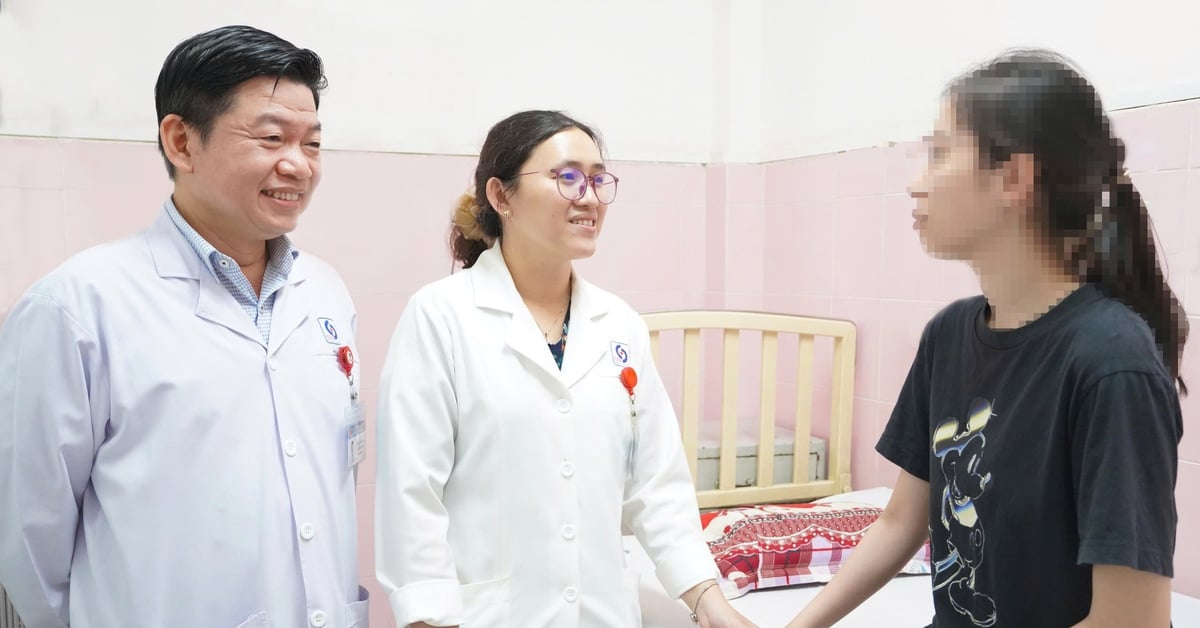


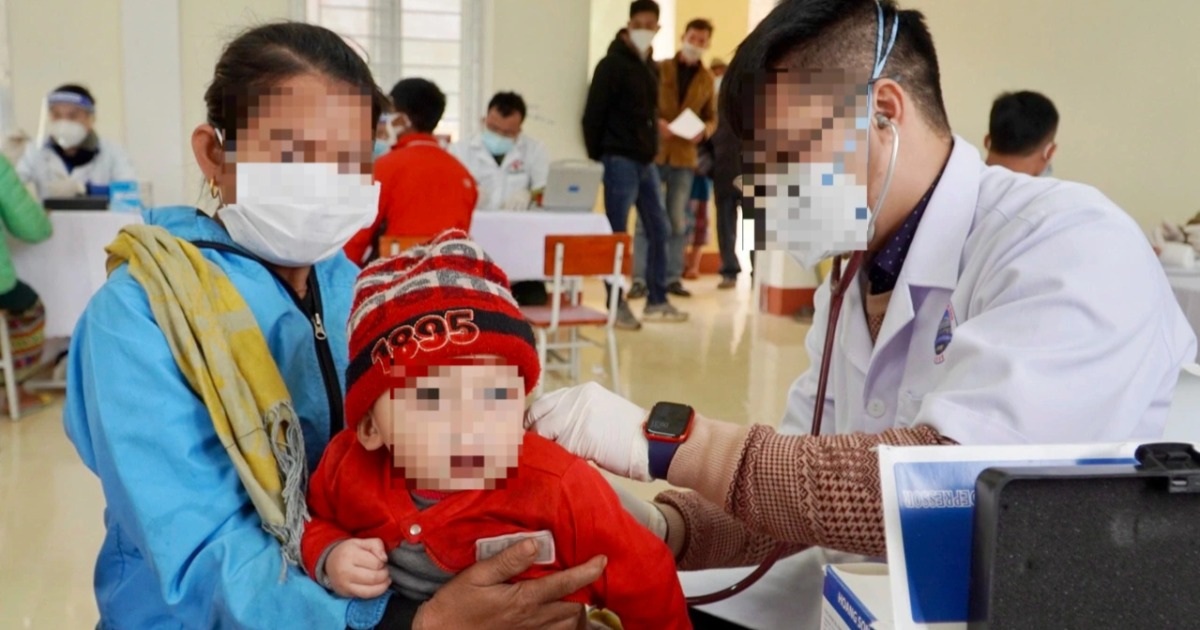

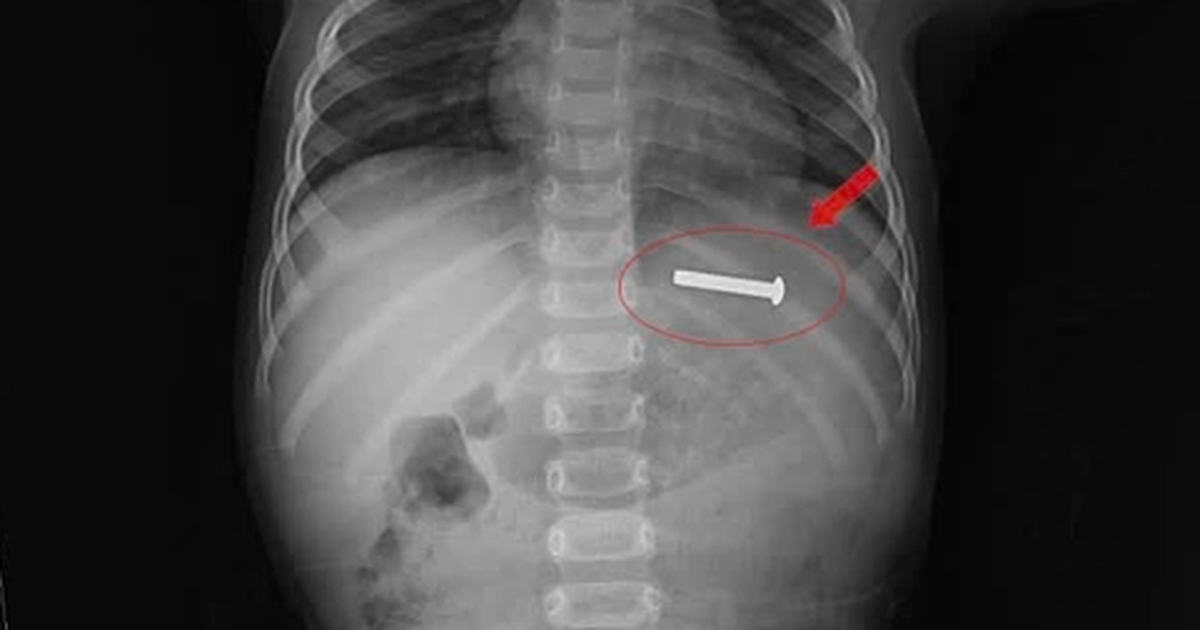

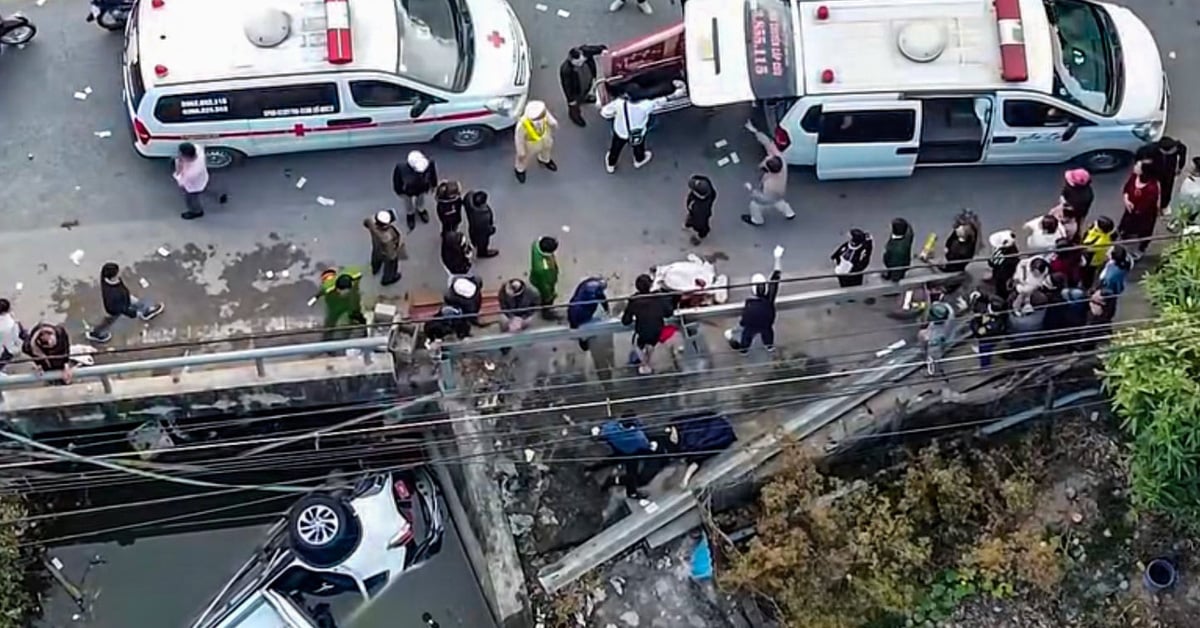




![[Infographic] Cu Chi Tunnels - Underground Village](https://vstatic.vietnam.vn/vietnam/resource/IMAGE/2025/4/8/d69d9caa3f89479c809867b18bacfefb)






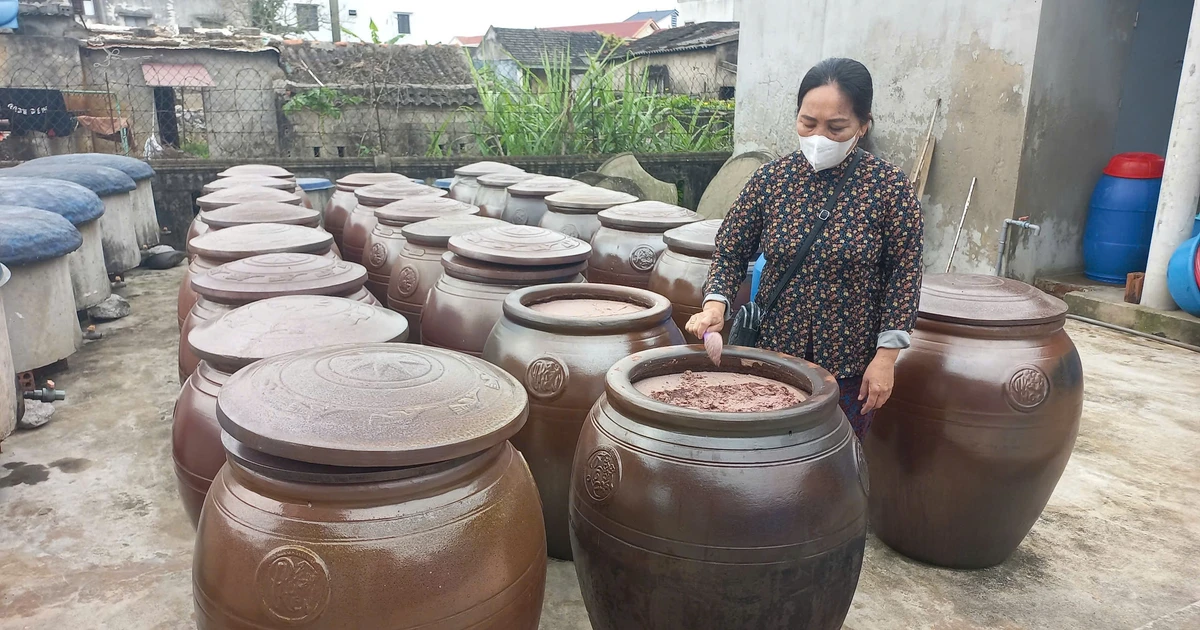

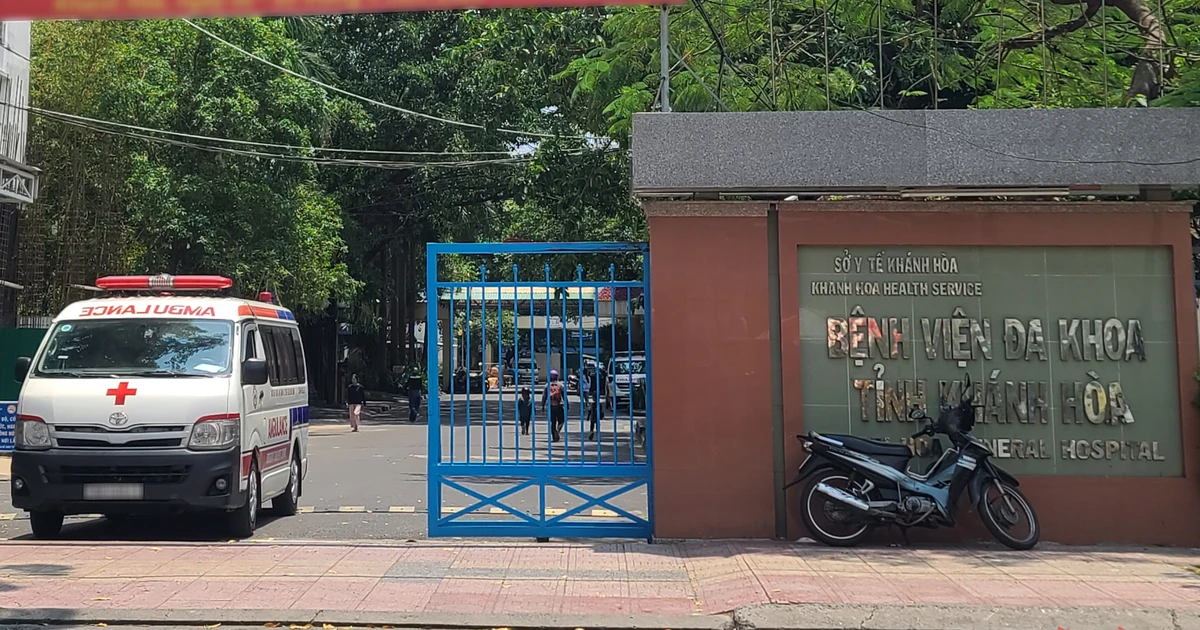


































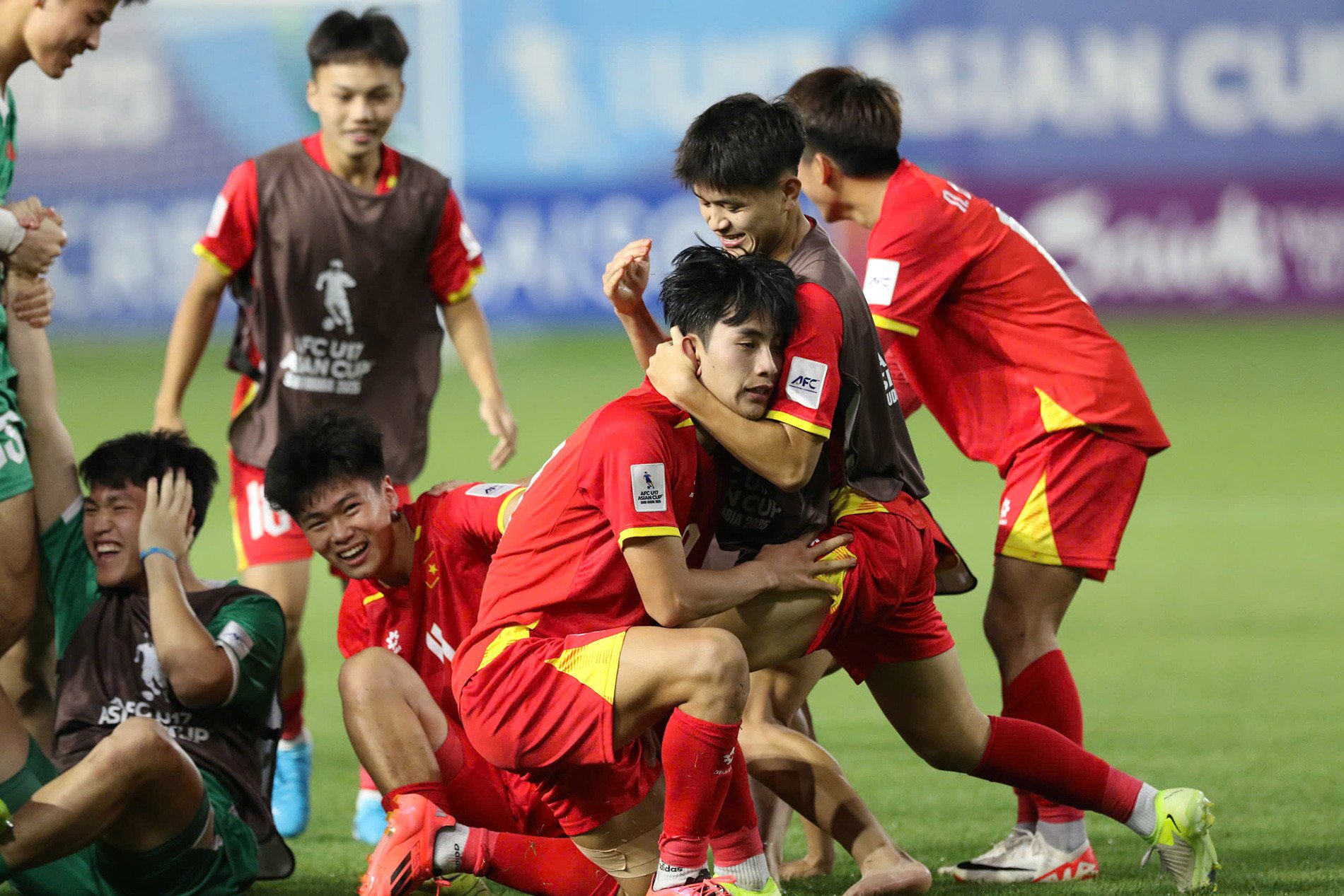










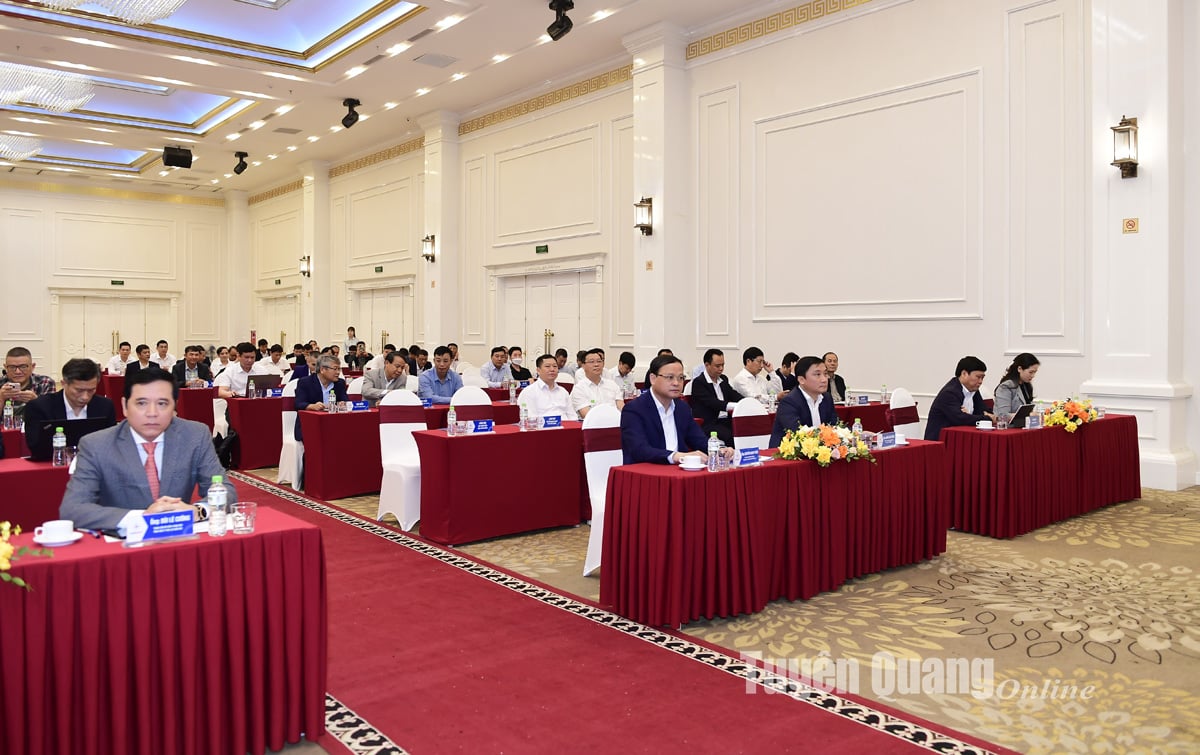
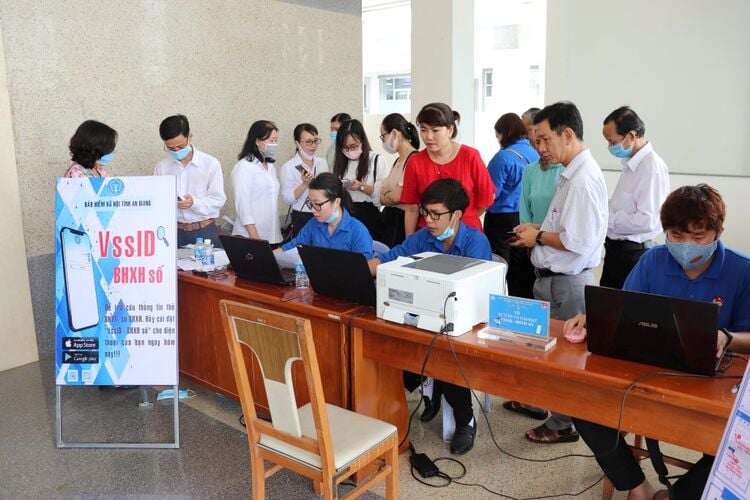

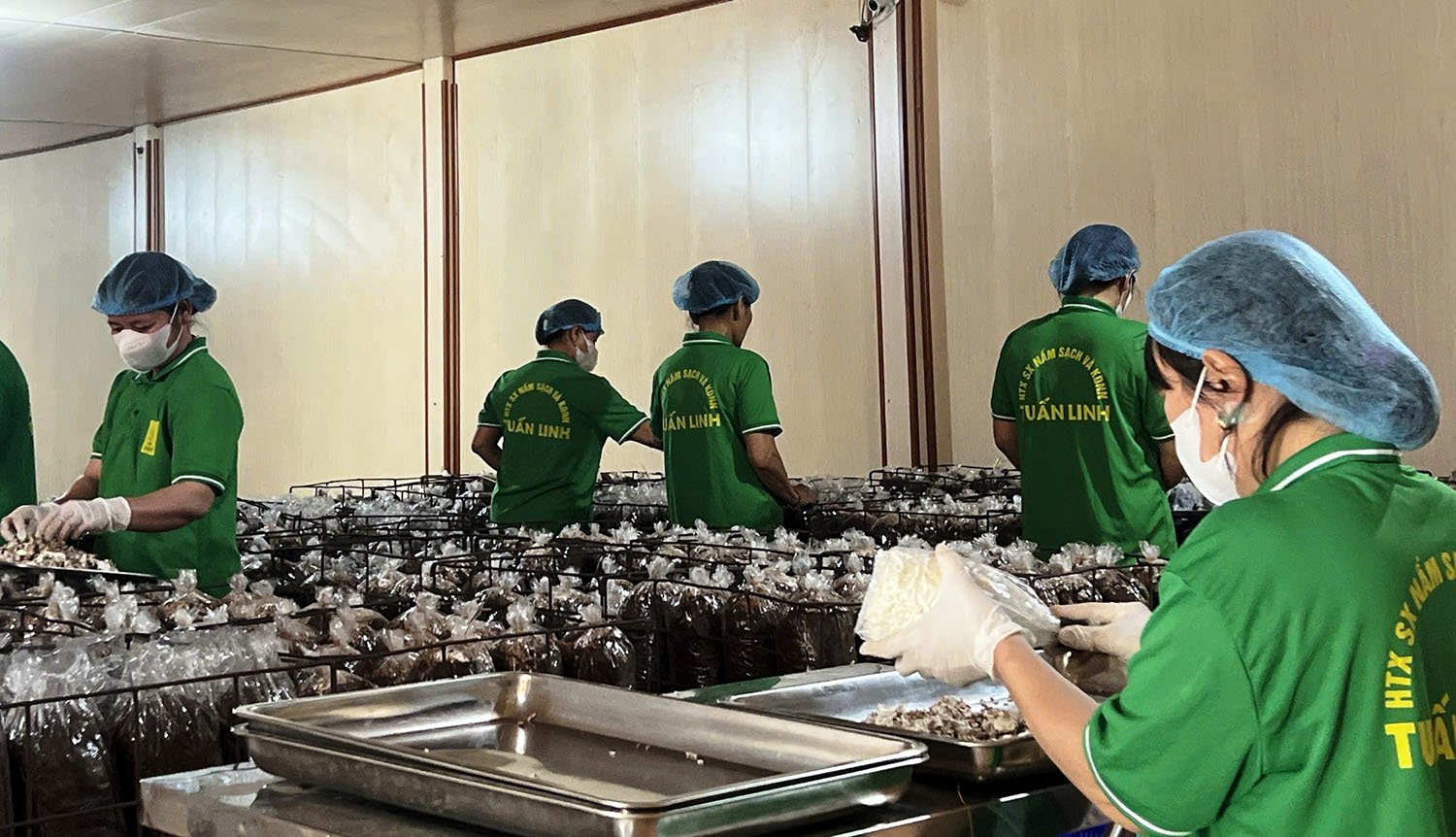





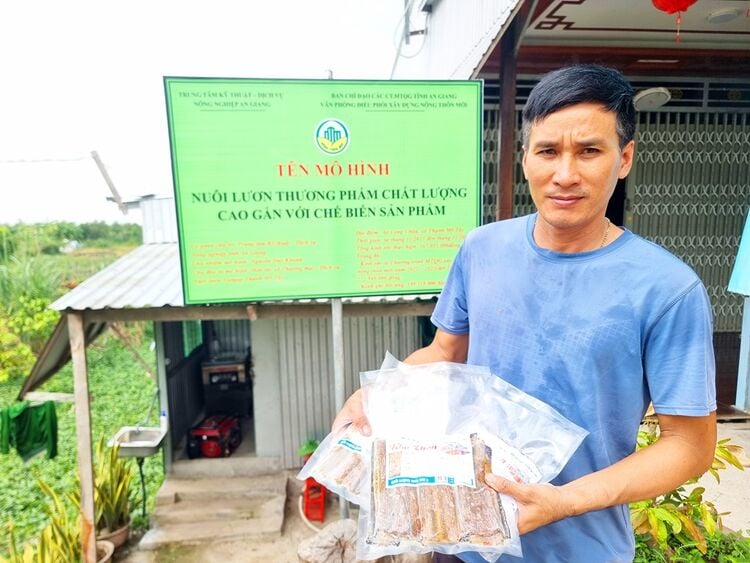
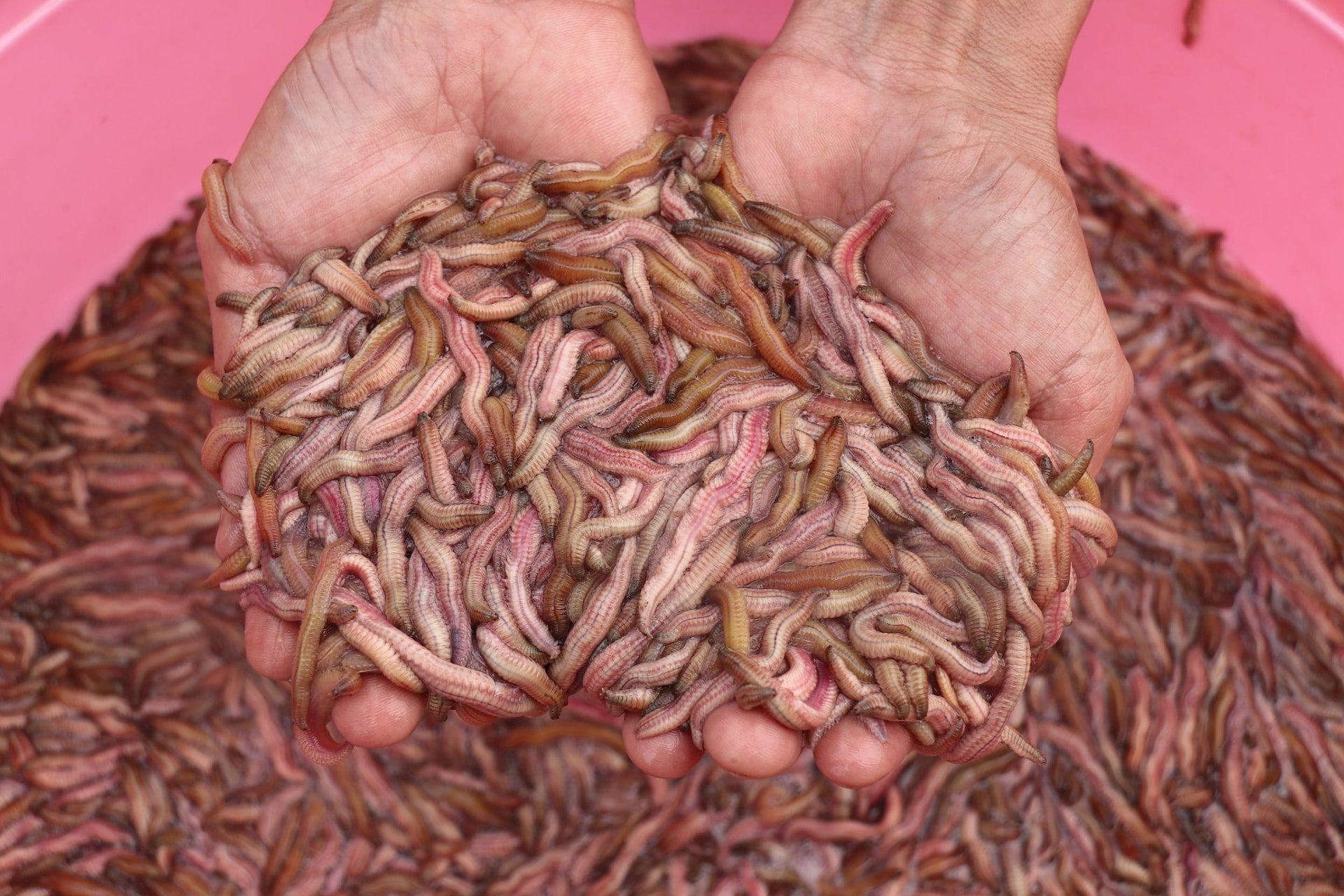
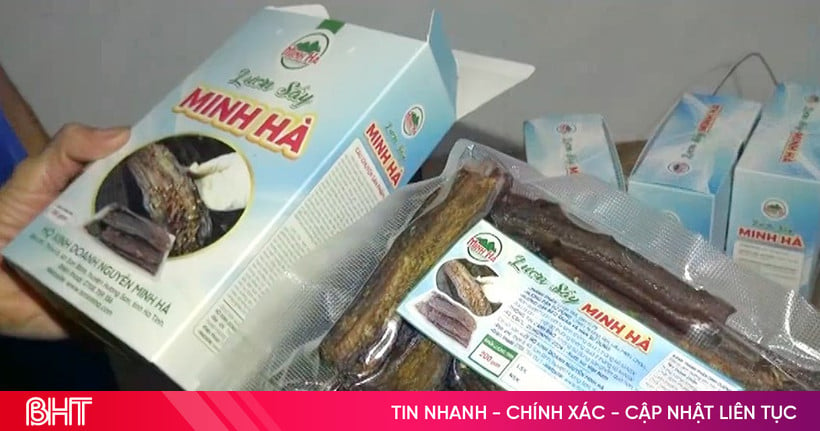

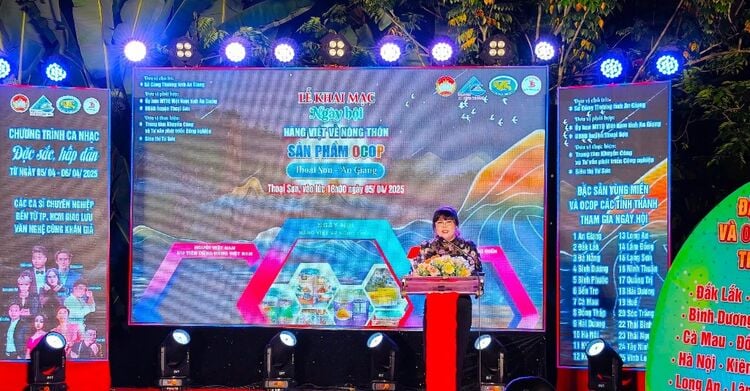

Comment (0)